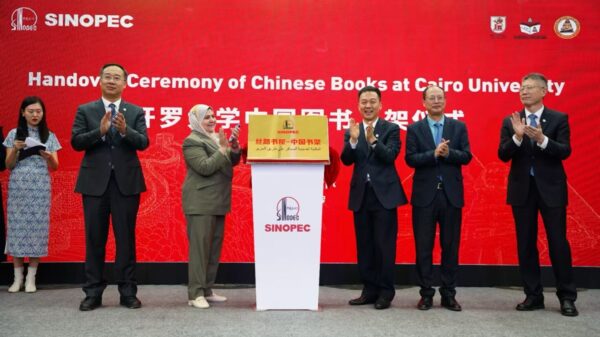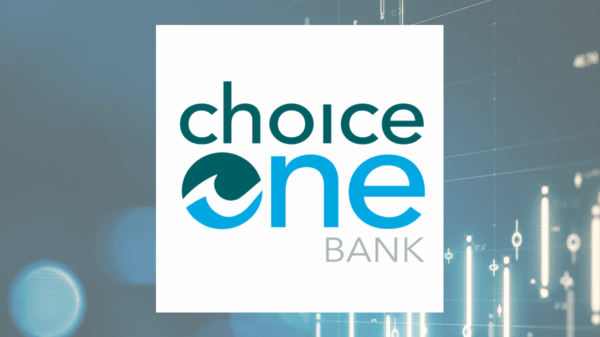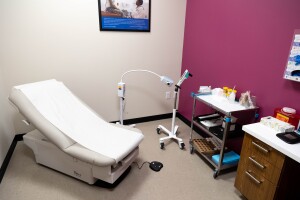In a significant presentation at the European Society of Gene and Cell Therapy (ESGCT) held in Seville, Intellia Therapeutics provided an update on its clinical programs focusing on in vivo gene editing therapies. Birgit Schultes, PhD, who was appointed chief scientific officer in January 2025, discussed the advancements made since the historic approval of the first CRISPR medicine in December 2023.
Intellia has prioritized the use of lipid nanoparticles (LNPs) for in vivo delivery, which Schultes explained offer several advantages over traditional viral vectors. These advantages include effective liver delivery, transient expression, the potential for redosing, and biodegradability. Importantly, extensive non-clinical research has demonstrated that LNPs do not target germline cells, ensuring safety in gene editing applications.
To date, Intellia has treated over 350 patients, accumulating approximately 200 patient-years of experience, with five clinical trial papers published in the prestigious *New England Journal of Medicine*.
Advancements in Hereditary Angioedema Treatment
One of Intellia’s key clinical programs, NTLA-2002, aims to treat hereditary angioedema (HAE), a rare and potentially life-threatening condition. HAE typically manifests in teenagers or young adults, causing unpredictable swelling that can lead to suffocation. In the United States alone, there are about 6,000 diagnosed cases.
The objective of Intellia’s lonvo-z therapy is to inactivate the prekallikrein (KLKB1) in the liver, thereby mimicking the effects of traditional C1-esterase inhibitor replacement therapies. Schultes detailed the results from a two-part, multi-center study involving adults with HAE types I and II. All doses of lonvo-z effectively reduced kallikrein levels to below 60%, lasting over two years. Importantly, serious adverse events were minimal, with only transient increases in liver enzyme levels reported.
Schultes illustrated the positive outcomes with swim plots that tracked attack frequency before and after treatment. “It takes a few months for the treatment to ‘settle in’,” she noted, with most patients from the Phase I trial successfully weaned off their prophylactic medications. Among the 27 patients in Phase II, the 50-mg dose yielded the most promising results, showing a complete response in 70% of participants. The findings suggest that a single 50-mg dose could effectively eliminate attacks and the need for chronic prophylaxis.
Intellia has completed enrollment for its Phase III HAELO trial, with primary data analysis anticipated in mid-2026. Schultes expressed optimism about submitting a biologics license application (BLA) in the third quarter of next year, humorously noting, “We hope we still have a functional FDA,” which drew laughter from the audience.
Significant Progress in Transthyretin Amyloidosis
The market for transthyretin amyloidosis (ATTR) continues to expand, driven by a significant unmet need. In collaboration with Regeneron, Intellia aims to enhance the effectiveness of its first clinical program, NTLA-2001, compared to existing small-molecule therapies, including Alynylam’s vutrisiran.
In a two-part clinical study, Intellia has refined the dosing range for NTLA-2001. Preliminary results indicate that most ATTR patients experienced improvements in the modified neuropathy impairment score after 24 months—a notable achievement not seen with existing treatments. Schultes emphasized that “patients are getting better,” with reduced TTR accumulation characterized as “rapid, deep, consistent, and durable.” The conclusion of this trial is expected by 2027.
Furthermore, Schultes provided an update on the MAGNITUDE clinical trial, which aims to recruit 1,200 patients with ATTR and cardiomyopathy (ATTR-CM). The large-scale study seeks to demonstrate that Intellia’s therapy can improve patient outcomes compared to existing treatments, with completion anticipated in 2028, if not earlier.
Insights from Other In Vivo Gene Therapy Trials
Schultes shared the stage with three other prominent speakers who presented updates on various in vivo gene therapy trials. Jeffrey Chamberlain, PhD, from the University of Washington, discussed ongoing efforts to deliver micro-dystrophin to patients with Duchenne muscular dystrophy. He noted that while the FDA approved Elevidys (Sarepta) as the only gene therapy for this condition in May 2024, many treatments in clinical trials have not performed as well as expected based on animal studies.
Chamberlain highlighted factors affecting the efficacy of micro-dystrophin therapies, including lower gene delivery levels and potential immune responses. His team is innovating with more potent AAV vectors and exploring dual-AAV strategies to enhance gene delivery.
Additionally, Ellen Reisinger, PhD, from the University of Tubingen, presented advancements in gene therapy for hearing loss resulting from mutations in the otoferlin (OTOF) gene. With promising results emerging from trials across multiple countries, Reisinger emphasized the potential of gene therapy to match the effectiveness of cochlear implants.
Terry Flotte, MD, from UMass Chan Medical School, concluded the session with a review of recent findings from a Phase I-II clinical trial for GM2 gangliosidosis, which employs AAV vectors. While some patients demonstrated slower seizure progression and signs of myelin production, challenges remain, including worsening symptoms in certain patients.
The ESGCT 2025 conference, taking place from October 7-10, 2025, in Seville, continues to be a pivotal platform for advancing gene and cell therapies, highlighting the ongoing commitment of researchers and organizations to improve patient outcomes through innovative treatments.



































































